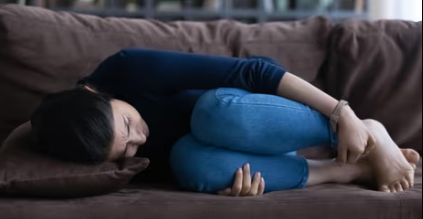The Addiction to Being Liked

In today’s world, being liked has become more important than being honest..
We tailor our opinions, water down our thoughts, and perform politeness — not out of respect, but out of fear. Fear of rejection. Fear of criticism. Fear of not fitting in.
This is especially true for women. From an early age, girls are taught to be agreeable. To be pleasant. To smile even when they don’t want to. To soften their opinions. To never speak too much, too loudly, or too freely.
The result? A generation of women who know how to survive, but not how to truly express themselves.
Being liked is a trap. It’s addictive because it feels like love — but it’s not.
People may like you for what you say, but only as long as it doesn’t challenge them.
They’ll cheer your success — as long as you don’t go too far.
They’ll admire your strength — as long as it doesn’t make them feel small.
As a writer, the pressure to please can be suffocating. You start editing yourself not just for grammar, but for approval. You question every sentence: Will this offend someone? Will they unfollow? Will they still admire me if I speak this truth?
But if you’re always writing to be liked, you’ll never write anything that matters.
The real work — the honest, necessary, uncomfortable work — begins when you stop trying to be agreeable. When you stop craving applause. When you accept that being disliked is part of telling the truth.
Because not everyone will like you. Not everyone should.
And if everyone does — it probably means you’ve said nothing worth hearing.


